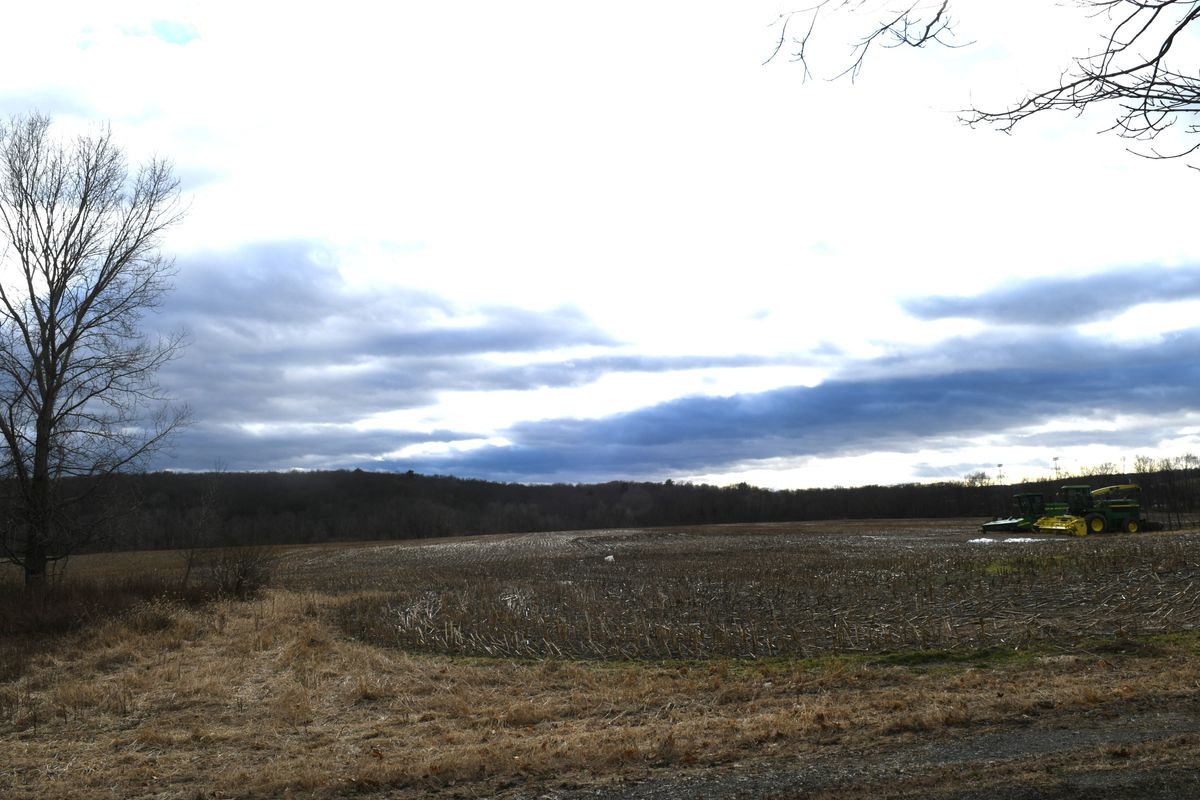State denies Shepherd’s Run 60MW solar project

Farmland vista where the proposed 880-acre, 60 megawatt Shepherd’s Run Solar Farm is planned along Route 23 at the entryway to the rural hamlet of Copake. Opponents say the project, big enough to power the equivalent of 15,000 homes annually, would detract from the scenic farmland community.
Photo by John Coston













 Interior of the Linde Center for Music and Learning.Hilary Scott, courtesy of the BSO
Interior of the Linde Center for Music and Learning.Hilary Scott, courtesy of the BSO




